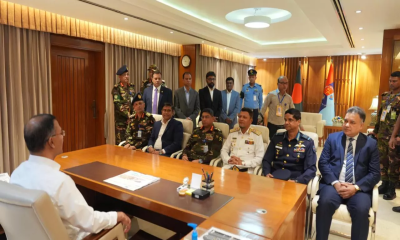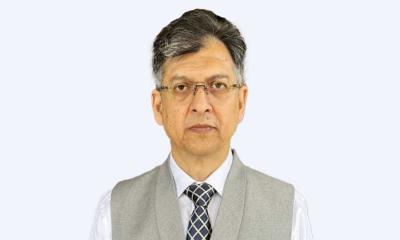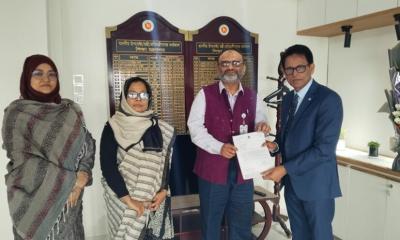Today marks the commencement of the second phase of the Lok Sabha elections in India, with polling underway in 89 constituencies across 13 states. Voting began at 7 am local time and will conclude at 5 pm.
In Kerala, where 20 constituencies are up for grabs, the battle primarily pits the Left against the Congress, with the BJP emerging as a notable contender. Despite its efforts, the BJP has yet to secure a seat in this southern state. While the Congress and the Left are arch rivals locally, nationally they are allies within the `India` coalition, united against the BJP. Consequently, the outcome in Kerala holds significant implications for the broader political landscape.
Simultaneously, 14 seats in Karnataka, adjacent to Kerala, are witnessing voting today. With 28 seats in total, Karnataka has historically favored the BJP, which secured 25 seats in the previous Lok Sabha elections. However, the Congress currently governs the state, having ousted the BJP last year. Desperate to maintain momentum, the BJP has forged an alliance with the Janata Dal (Secular) party. Success in Karnataka is pivotal for the BJP`s ambition of achieving the coveted 400-seat mark.
The electoral frenzy extends beyond Kerala and Karnataka. In Rajasthan, the remaining 13 constituencies are casting their votes today, following the first phase`s polling in 12 seats. Maharashtra and Uttar Pradesh each have 8 constituencies in the fray, alongside 7 in Madhya Pradesh, and 5 in both Bihar and Assam. Chhattisgarh and West Bengal are each witnessing voting in 3 constituencies, while Manipur, Tripura, and Jammu and Kashmir have 1 seat each up for grabs. Except for Kerala, Karnataka, and West Bengal, the BJP either governs independently or in coalition across all other states.
Notable figures participating in this phase include Congress leader Rahul Gandhi, Annie Raja, Shashi Tharoor, Navneet Rana, Om Birla, Hema Malini, Arun Govil, and Prahlad Joshi. With heavyweight candidates vying for seats, the outcome of this round is anticipated to significantly shape the future political landscape of India.




-20260223082704.webp)

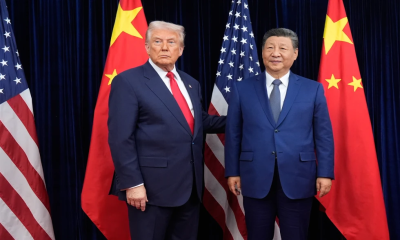

-20260220065859.jpeg)
-20260219110716.webp)
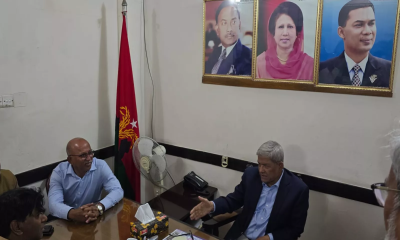
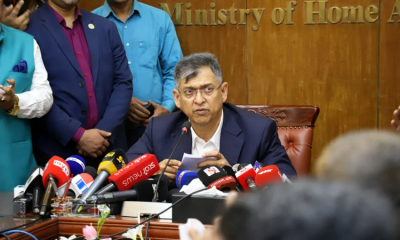
-20260223074941.jpeg)
-20260223062301.jpg)
